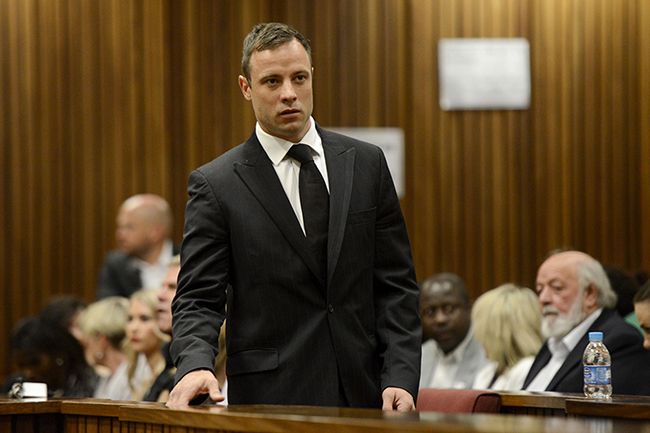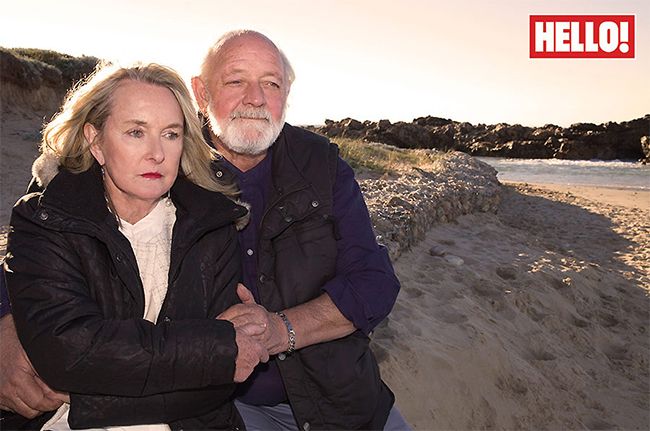Oscar Pistorius will be released from prison and serve the rest of his sentence at home. The Paralympic champion, who was found guilty of killing his girlfriend Reeva Steenkamp last year, will be under house arrest from Tuesday 20 October.
The Correctional Services Parole Board in South Africa made the decision on Thursday, the BBC reports.
Oscar, 28, was charged with culpable homicide and one firearm-related charge in September of last year. The decision came 19 months after the athlete shot his model girlfriend at their Pretoria home in the early morning of Valentine's Day.
Oscar Pistorius will reportedly be released from prison next week
Oscar was given a prison sentence of five years which was deemed shockingly light by many, including Reeva's family.
The double-amputee was due to leave prison in August after having served ten months. However, his release was blocked by Justice Minister Michael Masutha who said the parole board had acted prematurely by setting the release date.
The Blade Runner, as Oscar is known in the sporting world, is eligible for early release from prison under a law that allows an offender to be considered for house arrest after serving one sixth of their sentence. Under the terms of his release, Oscar will be banned from consuming alcohol or handling guns and be subject to unannounced blood tests.
June and Barry Steenkamp made an appeal, saying ten months in prison was not enough
Reeva's devastated parents June and Barry wrote to the parole board saying that ten months in prison for taking a life was "simply not enough".
"We fear that this will not send out the proper message and serve as the deterrent it should," the letter read in part. The couple added that they had forgiven Oscar, but said that a person found guilty of a crime must be held accountable.
Oscar does still face the possibility of a tougher sentence. In November, prosecutors will attempt to persuade the Supreme Court of Appeal that he should have been found guilty of murder – a conviction that carries a minimum of 15 years in prison.









